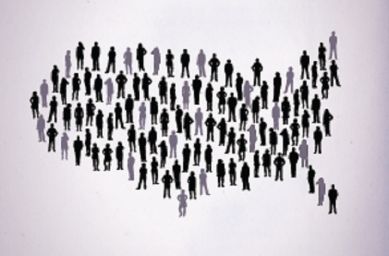U.S. Adults Unaffiliated with Religion Nearly 20 Pct, Nation Still Relatively Religious

The number of U.S. adults describing themselves as unaffiliated with a religion has risen to nearly 20 percent over the past five years, although the country remains highly religious compared with other advanced industrial democracies, according to a new poll.
Polling figures released Tuesday by the Pew Research Center found that 19.6 percent of people in the United States say they have no religious affiliation, the highest percentage ever. The figure is 32 percent for U.S. adults under 30.
Comparing the U.S. to other industrialized democracies, the number of people in the U.S. who say religion is very important in their lives (58 percent) has changed little since 2007 (61 percent), and is far higher than Britain (17 percent), France (13 percent), German (21 percent), and Spain (22 percent).
Among that 20 percent of U.S. adults not affiliated with a religion, nearly 6 percent (13 million) describe themselves as atheists and agnostics. Those who say they have no particular religious affiliation is 14 percent (33 million).
The poll tracked measures including frequency of attendance at religious services and the degree of importance people attached to religion in their lives.
Belief in God
A survey conducted by the Pew Research Center's Forum on Religion and Public Life, conducted with the PBS television program Religion & Ethics NewsWeekly, found that of the nation's 46 million unaffiliated adults, two-thirds (68 percent) say they believe in God, more than half say they often feel a deep connection with nature and the earth (58 percent), and more than a third call themselves "spiritual" but not "religious" (37 percent. One in five (21 percent) say they pray every day.
Benefits of Churches to Society
Most people who are unaffiliated think churches and other religious institutions benefit society by strengthening community bonds and aiding the poor.
Not Looking for a Religion
Eighty-eight percent of those who are unaffiliated say they are not looking for a religion that is right for them. Overwhelmingly, they think that religious organizations are too concerned with money and power, too focused on rules and too involved in politics.